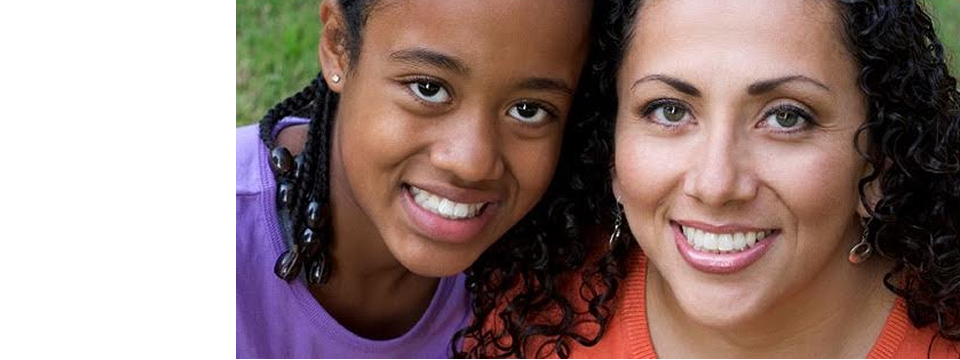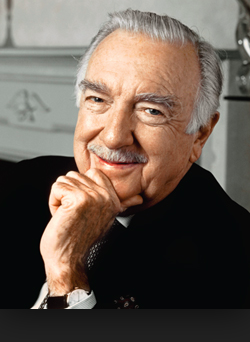Teaching Students to Recruit Academic and Career Mentors: Preliminary Results from a Pilot Intervention
by Sarah Schwartz, Ph.D.
As we have written about before (see post), there is evidence to suggest that Youth Initiated Mentoring, as implemented by the National Guard Youth ChalleNGe Program, may be an effective approach to mentoring vulnerable adolescents. Under this model, youth nominate adults from their existing social networks to be their mentors, and then programs provide screening, training, and monitoring of the relationship, in essence, turning the relationship into a formal mentoring relationship. We know, however, that natural mentoring relationships can be just as effective as formal mentoring relationships, or even more so. An ongoing question for me has been whether we might see positive impacts simply by providing youth with the training and support to identify, reach out to, and develop relationship with potential natural mentors in their lives without ever formalizing those relationships.
A pilot intervention that we recently completed at the Center for Evidence-Based Mentoring attempts to do just this. In collaboration with Urban Scholars, a pre-collegiate program for students typically underrepresented in college settings, Stella Kanchewa and I designed a workshop for seniors in high school that aimed to teach them how to identify and connect with potential academic and career mentors. The workshop included lessons exploring the benefits of mentoring relationships and different types of social support and social capital, creating eco-maps (graphical representations of youth’s existing relationships) to identify potential sources of social support, and practicing how to reach out to and connect with adults (both through role-playing as well as real-world conversations and interviews with adults in their social networks), including potential rejection. Since a particular focus of the program was developing academic and career mentoring relationships during the transition to college, we also focused on networking, professionalism, and “codeswitching” when connecting with adults across contexts. Although youth did not leave the workshop with a formal mentoring relationship, they were asked to identify an adult from their existing social network to support them during their transition to college and to explicitly discuss how and when they could reach out to that person. The workshop culminated in a “Networking Night” in which the students practiced introducing themselves and connecting with professionals from a range of fields.
Initial analysis of interviews with students indicates that such training can increase the value adolescents place on mentoring relationships and social capital, as well as developing their help-recruiting skills and their self-efficacy in reaching out to potential academic and career mentors. In addition, interview data suggests that the intervention may increase adolescents’ motivation and capacity to access social support, particularly during the transition to college. In future studies, we hope to collect follow-up data to explore the longer-term influence of the workshop on students’ relationships in college. We are still in the very early stages of exploring this approach, but it may represent an effective strategy to facilitate the development of supportive relationships between young people and adults by allowing youth to mobilize the support of the adults in their lives.











